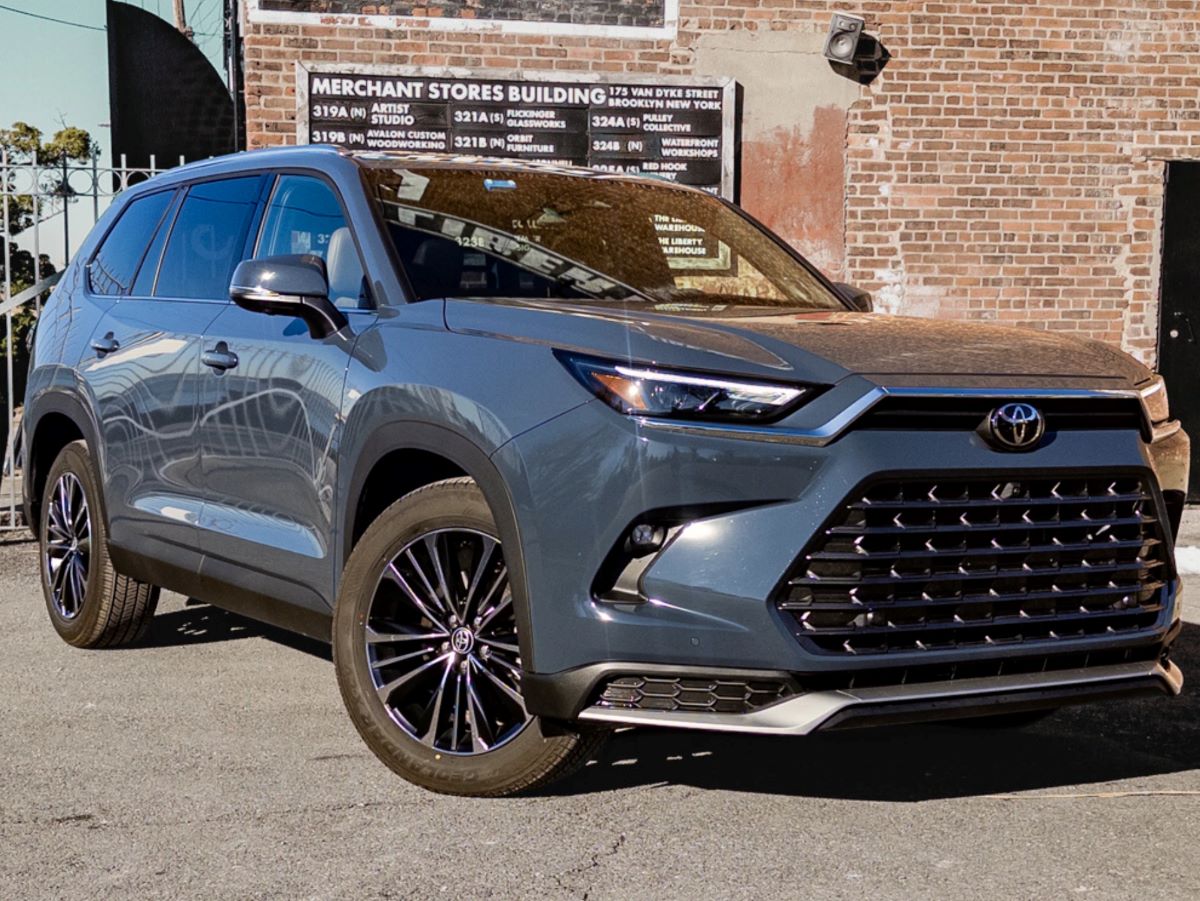Hybrid vehicles have become an increasingly popular choice for drivers seeking to reduce fuel consumption, lower emissions, and enjoy the benefits of modern automotive technology. By combining a gasoline engine with an electric motor and rechargeable battery, hybrids offer a way to improve efficiency without sacrificing convenience or performance.
This has led to a surge in hybrid options across nearly every vehicle segment, from compact sedans to SUVs. Despite the clear advantages, one factor often causes hesitation among potential hybrid owners: the hybrid battery. This component is essential to the vehicle’s operation but comes with a reputation for high replacement costs that can sometimes overshadow the fuel savings.
Hybrid batteries are complex systems made of many individual cells that store and release energy to assist the gasoline engine. Their performance and longevity depend on the chemistry used, the vehicle’s battery management system, driving habits, and environmental conditions.
While many hybrid batteries last for the entire life of the vehicle without issue, some vehicles experience premature battery degradation or failure. Battery replacements are expensive, often costing thousands of dollars, which can place an unexpected financial burden on owners. This choice of a hybrid model is critically important for consumers who want to avoid costly repairs and ensure a positive ownership experience.
It is well-known that hybrid vehicles vary significantly in battery reliability. Some models are recognized for their exceptional durability, rarely requiring battery replacements even after many years and miles of use. These vehicles benefit from proven battery technology, efficient cooling systems, and smart management strategies that protect the battery cells from wear.
They also tend to have strong warranties and manufacturer support, giving owners peace of mind that their battery system is well-covered. On the other hand, some hybrids have gained a reputation for frequent battery problems. In these cases, battery failures can occur earlier than expected, resulting in significant repair bills and frustration for owners. Such issues can even affect the vehicle’s resale value and appeal.
This article examines five hybrid models known for their strong battery reliability and five others that have caused financial hardship due to battery problems. By comparing these two groups, readers can better understand the factors influencing battery longevity and avoid costly surprises.
The discussion includes key design features, real-world owner experiences, and warranty considerations. Whether you are shopping for a reliable hybrid or want to learn about potential pitfalls, this information will help you make informed decisions about hybrid ownership.
Battery performance is often the most critical factor in determining the total cost of owning a hybrid. A well-maintained and well-designed battery system means fewer repairs, longer vehicle life, and a more enjoyable driving experience.
Conversely, unexpected battery failures can turn a fuel-saving hybrid into a costly headache. This article provides the insight needed to navigate this important aspect of hybrid technology, highlighting which vehicles have proven dependable and which ones owners should approach with caution.
5 Hybrids That Rarely Need Battery Replacements
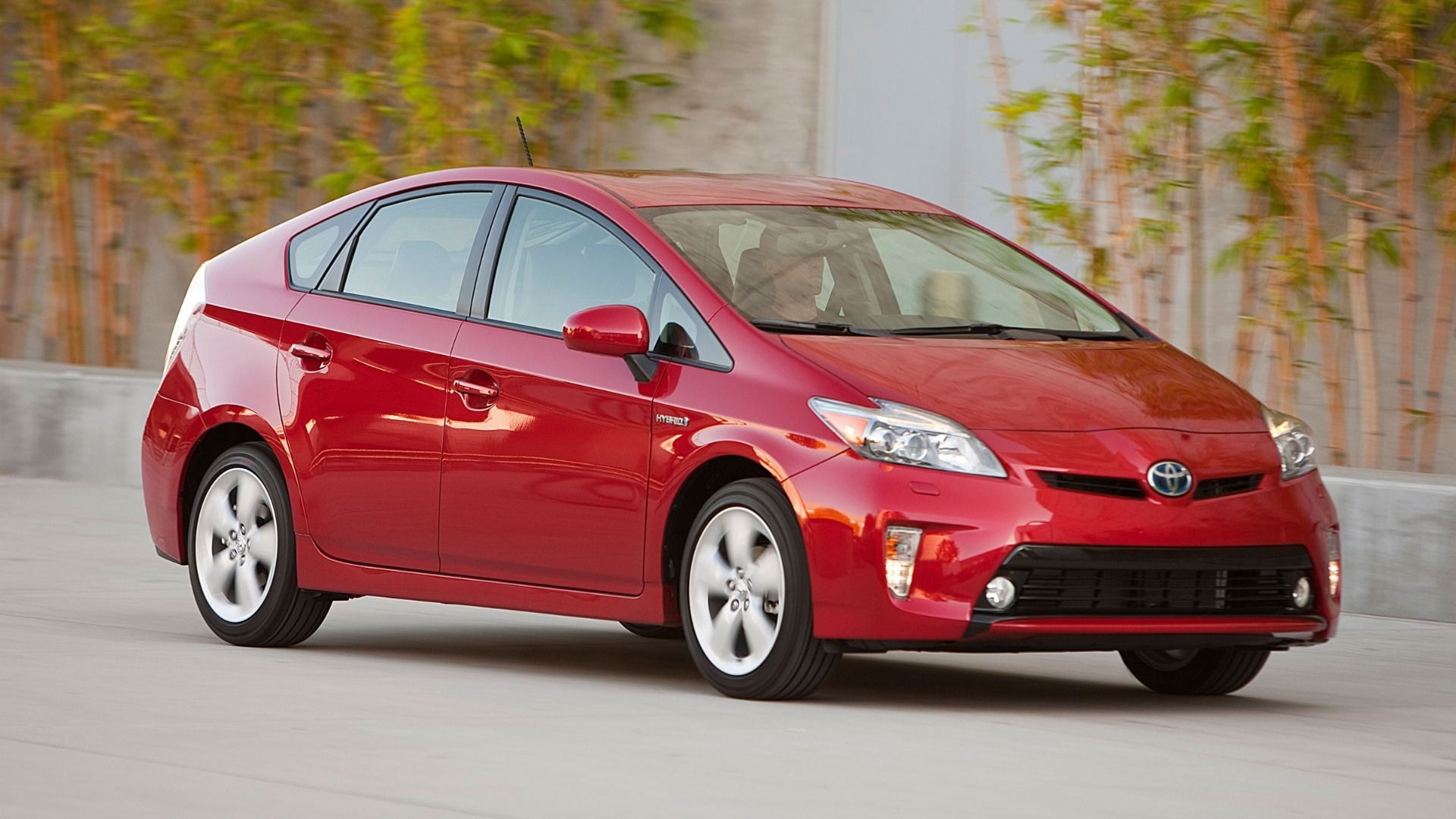
1. Toyota Prius
The Toyota Prius is the pioneer of hybrid vehicles and remains the gold standard for hybrid battery reliability. Since its introduction in 1997, the Prius has set the bar for fuel efficiency, durability, and cost-effective hybrid technology. Its battery packs, initially nickel-metal hydride (NiMH) and later lithium-ion in newer models, have demonstrated remarkable longevity.
Owners frequently report driving their Prius for more than 200,000 miles without needing a battery replacement, a feat that few other hybrids can claim. Toyota’s conservative engineering approach prioritizes reliability over pushing battery performance limits, contributing to the Prius’s reputation as one of the most dependable hybrids ever made.
The battery management system (BMS) in the Prius is sophisticated, continuously monitoring the temperature, charge level, and health of individual battery cells. This system prevents the battery from overheating and avoids deep discharging, both of which can severely shorten battery life.
The BMS also balances the load across the battery cells, ensuring even wear and minimizing the chances of weak cells causing battery failure. Another factor that helps the Prius battery last is the way the hybrid system manages power flow, using the battery primarily to assist the gasoline engine rather than depending heavily on electric-only driving modes that strain the battery.
In addition to hardware, Toyota supports its hybrids with a comprehensive warranty, often covering hybrid battery packs for 8 to 10 years or 100,000 to 150,000 miles, depending on the region. This coverage gives buyers peace of mind that if a battery issue arises early, the repair costs will be limited.
Moreover, the Prius’s battery is sealed and maintenance-free, requiring no user intervention except for occasional software updates by dealerships. This design choice reduces the chance of owner-induced damage and keeps service costs low.
Finally, the Prius enjoys strong resale values because of its reputation for reliability and low maintenance costs. Many secondhand buyers seek out older Prius models for their proven longevity and cost-effectiveness. The extensive network of service centers familiar with Prius technology further supports this. All these factors combine to make the Toyota Prius a hybrid that rarely needs a battery replacement, allowing owners to enjoy the benefits of hybrid driving without worrying about costly battery repairs.
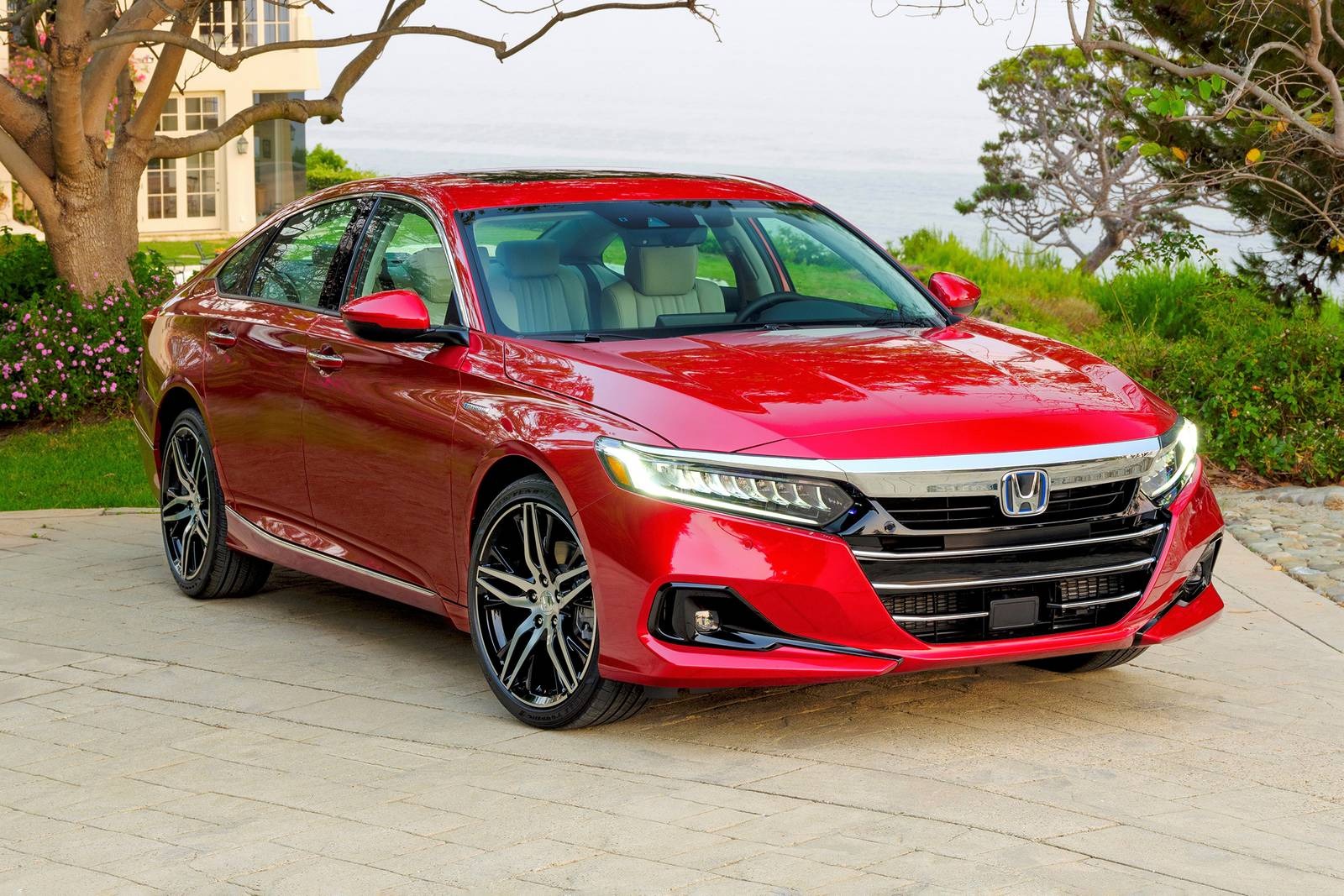
2. Honda Accord Hybrid
The Honda Accord Hybrid is a midsize sedan that balances efficiency with comfort and reliability. Recent models utilize lithium-ion battery technology, which offers better energy density and longer life compared to older nickel-metal hydride batteries.
Honda has fine-tuned the hybrid system to extend battery life through careful thermal management and optimized charge cycles. Owners frequently report that the battery retains good capacity even after 100,000 miles or more, with very few requiring replacements during typical ownership periods.
Honda’s hybrid system incorporates regenerative braking to recapture energy and reduce wear on the battery. The system captures kinetic energy that would otherwise be lost during braking and uses it to recharge the battery smoothly and efficiently.
This reduces the need for the gasoline engine to recharge the battery, decreasing charge-discharge cycles and prolonging battery life. Additionally, Honda has engineered robust cooling systems that prevent battery overheating, a common cause of battery failure in less sophisticated hybrids.
The company offers warranties that cover the hybrid battery for 8 years or 100,000 miles in most regions, providing owners with financial protection if a battery replacement becomes necessary.
Owners who maintain their vehicles well and avoid extreme driving conditions usually find that the Accord Hybrid battery performs well beyond the warranty period. The sedan’s reliability and build quality contribute to a low total cost of ownership, making it a favored choice for buyers who want hybrid efficiency without the fear of costly battery repairs.
Another advantage of the Honda Accord Hybrid is its comfort and driving experience, which appeals to those who want more than just an efficient vehicle.
The combination of a spacious interior, smooth acceleration, and quiet electric motor assists in complementing the battery’s long-lasting performance. This makes the Accord Hybrid a well-rounded vehicle that rarely needs battery replacements and offers a satisfying ownership experience.
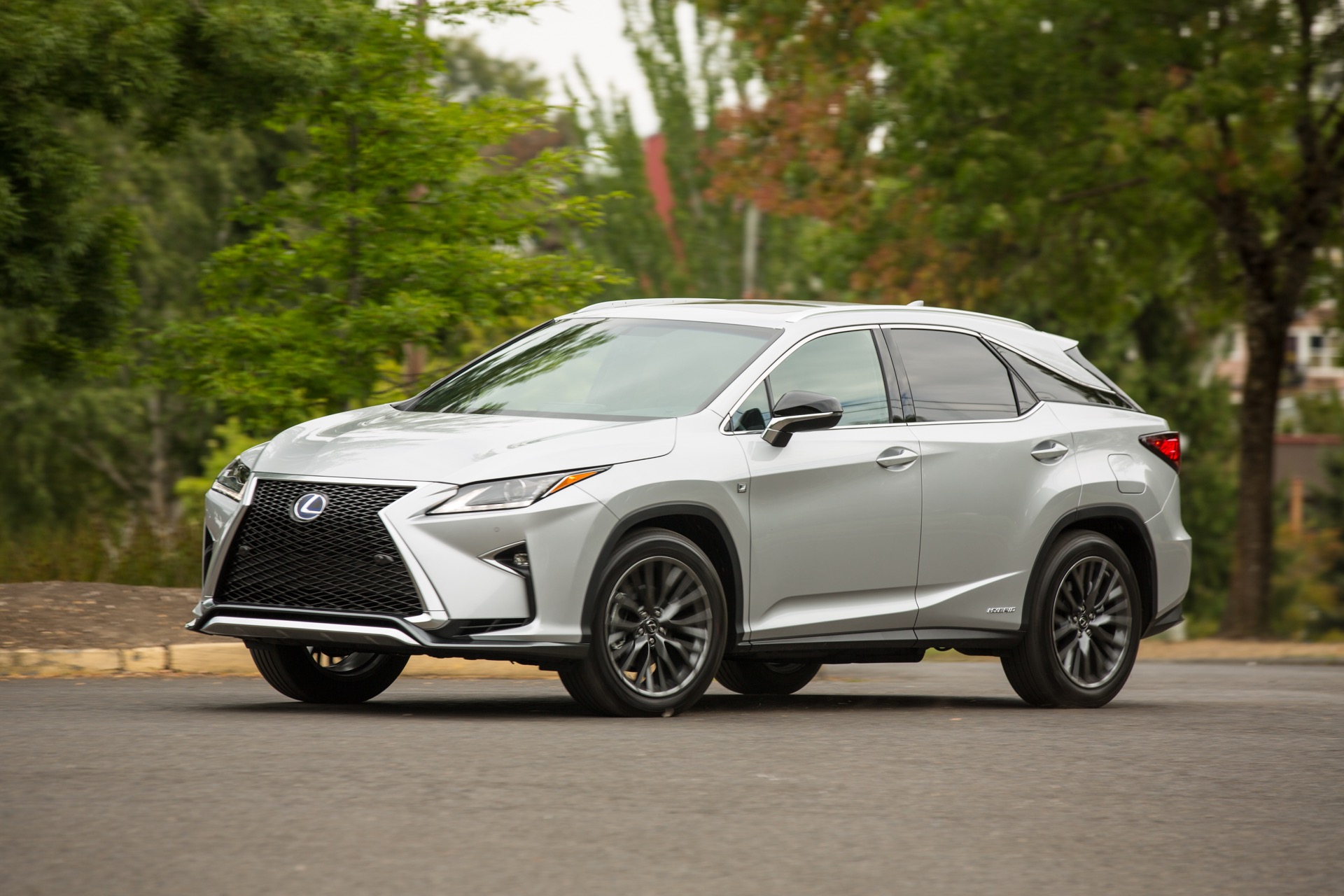
3. Lexus RX Hybrid
The Lexus RX Hybrid is a luxury SUV that combines comfort, performance, and hybrid efficiency with remarkable reliability. Built on Toyota’s proven hybrid platform, the RX Hybrid features a battery pack that benefits from rigorous testing and quality controls typical of Lexus vehicles.
Depending on the model year, the RX Hybrid uses either nickel-metal hydride or lithium-ion batteries, both designed to withstand demanding driving conditions and maintain long service lives.
Lexus implements advanced battery management strategies to regulate temperature, balance cell usage, and optimize charging patterns. The vehicle’s cooling systems ensure that the battery does not suffer from heat-related degradation, which is particularly important in SUV applications where the battery pack can be exposed to higher operating temperatures during extended drives or in warmer climates. These engineering considerations contribute to the RX Hybrid’s reputation for battery durability.
Owners of the Lexus RX Hybrid often maintain their vehicles meticulously, which further improves battery longevity. The luxury segment’s emphasis on attentive servicing and preventive maintenance ensures batteries receive optimal care throughout the vehicle’s life. Additionally, Lexus warranties hybrid batteries for extended periods, providing reassurance against costly replacements during the early years of ownership.
The RX Hybrid not only delivers on battery reliability but also offers a luxurious driving experience that appeals to buyers seeking an upscale hybrid SUV. Its strong resale value and high owner satisfaction ratings reflect the confidence in the hybrid system’s durability. These factors combine to make the Lexus RX Hybrid a dependable choice for those wanting a hybrid SUV with batteries that rarely need replacement.
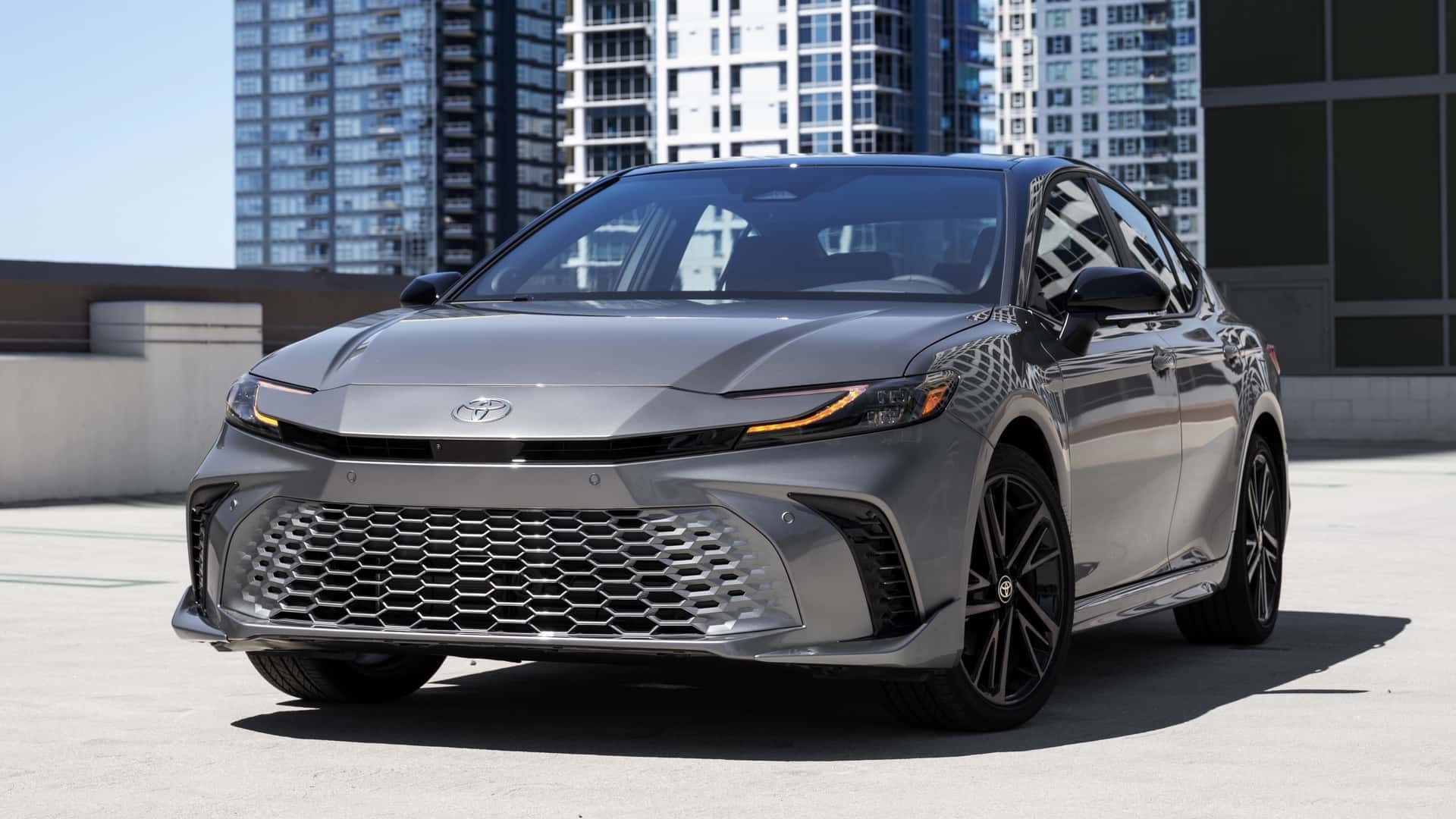
4. Toyota Camry Hybrid
The Toyota Camry Hybrid brings hybrid technology to the popular midsize sedan segment, providing an efficient and reliable option for many drivers. Sharing many components with the Prius, the Camry Hybrid uses a hybrid battery system that is similarly robust.
Over successive model years, Toyota has transitioned from nickel-metal hydride to lithium-ion batteries in the Camry Hybrid, both of which have demonstrated longevity and dependable performance.
Toyota’s hybrid system in the Camry employs advanced algorithms to monitor and manage battery health continuously. The system limits battery strain during frequent start-stop driving and highway cruising, two conditions that can otherwise accelerate battery wear.
The Camry Hybrid’s battery pack is designed to withstand a range of environmental conditions, including hot climates where many batteries tend to degrade more rapidly.
Owners often report that the Camry Hybrid’s battery performs well even beyond 150,000 miles, with no significant loss in fuel economy or electric assist function. The battery is sealed and requires no routine maintenance, contributing to low upkeep costs. Toyota also provides an extended warranty on hybrid batteries, helping protect owners from unexpected expenses.
With its combination of comfort, reliability, and efficient hybrid technology, the Camry Hybrid has become a trusted vehicle for drivers looking for longevity and peace of mind. Its battery system rarely causes owners to face costly repairs, making it a practical choice for those who want the benefits of a hybrid sedan without the risk of expensive battery issues.
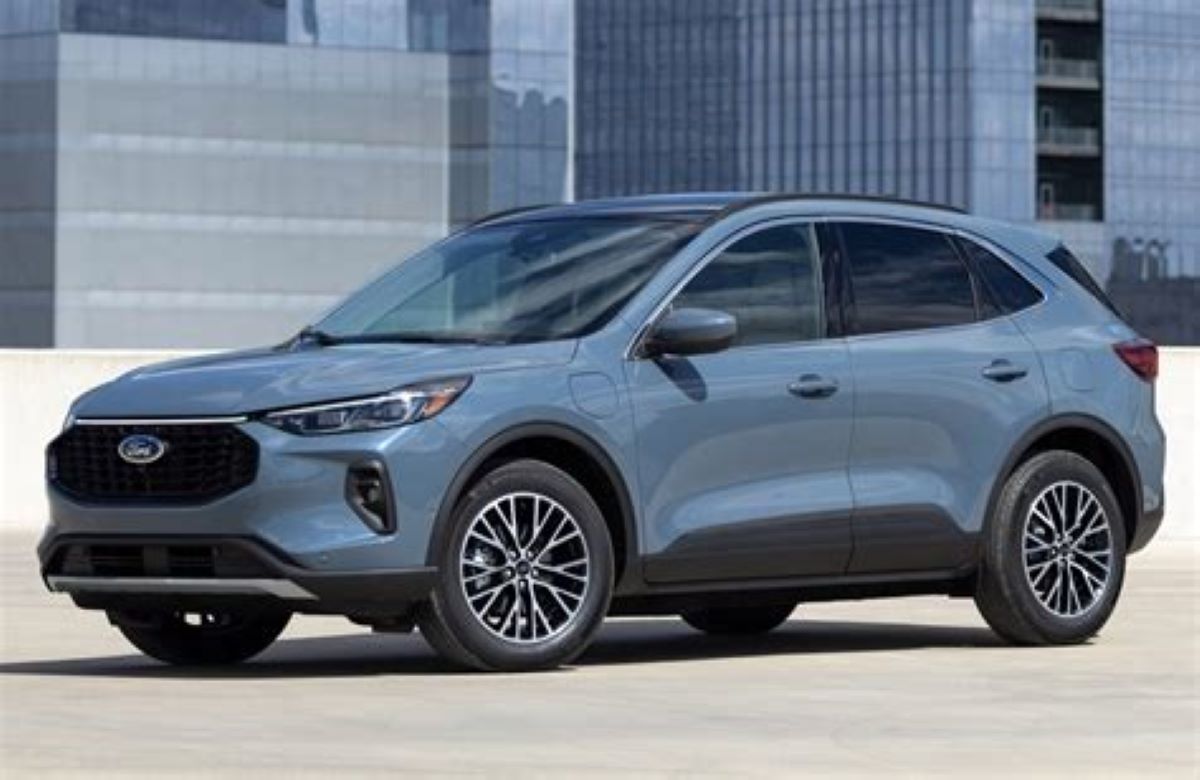
5. Ford Escape Hybrid (Recent Models)
The Ford Escape Hybrid has evolved significantly in its recent iterations, with newer models showcasing substantial improvements in battery reliability.
Early Escape Hybrids had mixed reviews regarding battery life, but Ford has invested heavily in redesigning the hybrid system and incorporating lithium-ion battery technology in newer versions. These batteries offer higher energy density and improved thermal management compared to older nickel-metal hydride packs.
The Escape Hybrid’s powertrain intelligently balances the use of electric power and gasoline engine output to minimize excessive cycling of the battery, which can cause premature wear. Regenerative braking technology recovers energy efficiently while limiting stress on the battery cells. Ford has also improved the battery cooling system to keep the pack within optimal operating temperatures, reducing degradation risks.
Owner feedback indicates that modern Escape Hybrids can reach 100,000 miles or more without battery replacement. Ford’s warranty typically covers hybrid batteries for 8 years or 100,000 miles, providing a safety net for owners. Maintenance and service costs remain reasonable, thanks to the vehicle’s improved reliability and growing dealer experience with hybrid technology.
As a compact SUV, the Escape Hybrid appeals to buyers seeking versatility, fuel efficiency, and modern features. Its battery system improvements make it a standout among newer hybrids that rarely require costly replacements, giving owners confidence in their investment.
5 Hybrids That Bankrupt Owners Due to Battery Problems
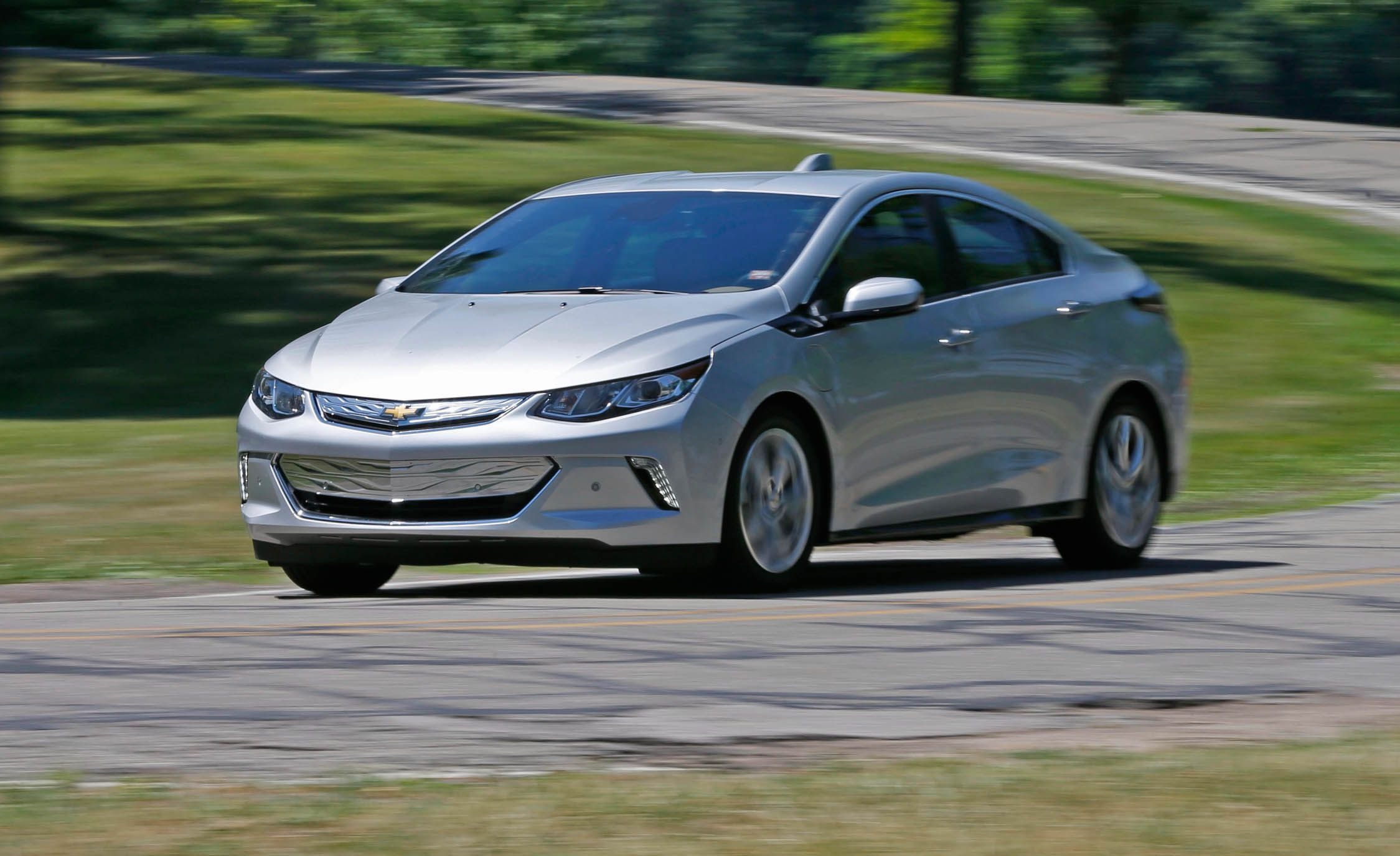
1. Chevrolet Volt (Early Models)
The Chevrolet Volt was one of the early entrants in the plug-in hybrid market and brought innovative technology to the forefront. However, the first generation of the Volt encountered significant challenges with battery durability.
Its lithium-ion battery packs were groundbreaking but prone to premature capacity loss in some cases. Owners reported noticeable battery degradation after just a few years or under 50,000 miles, which led to decreased electric range and fuel efficiency.
A major issue was the early battery management system, which lacked the sophistication to fully prevent deep discharge or overheating under certain conditions. These factors accelerated battery cell deterioration, causing the battery to lose its ability to hold charge effectively.
While Chevrolet offered a warranty that covered battery replacements for 8 years or 100,000 miles, some batteries began failing close to the end of this period, forcing owners to pay out of pocket for replacements.
Battery replacements were expensive, often costing upwards of $7,000, including parts and labor, a significant financial burden for many owners. These costs reduced the economic benefits of owning a plug-in hybrid and made some owners feel trapped by their investment.
The early Volt also suffered from reduced resale values due to battery concerns, making it harder for owners to recoup their losses when selling the vehicle.
Despite these challenges, Chevrolet addressed many battery issues in later Volt models, improving longevity and reducing repair frequency. However, the early models remain a cautionary tale of how battery technology and management systems can impact ownership costs.
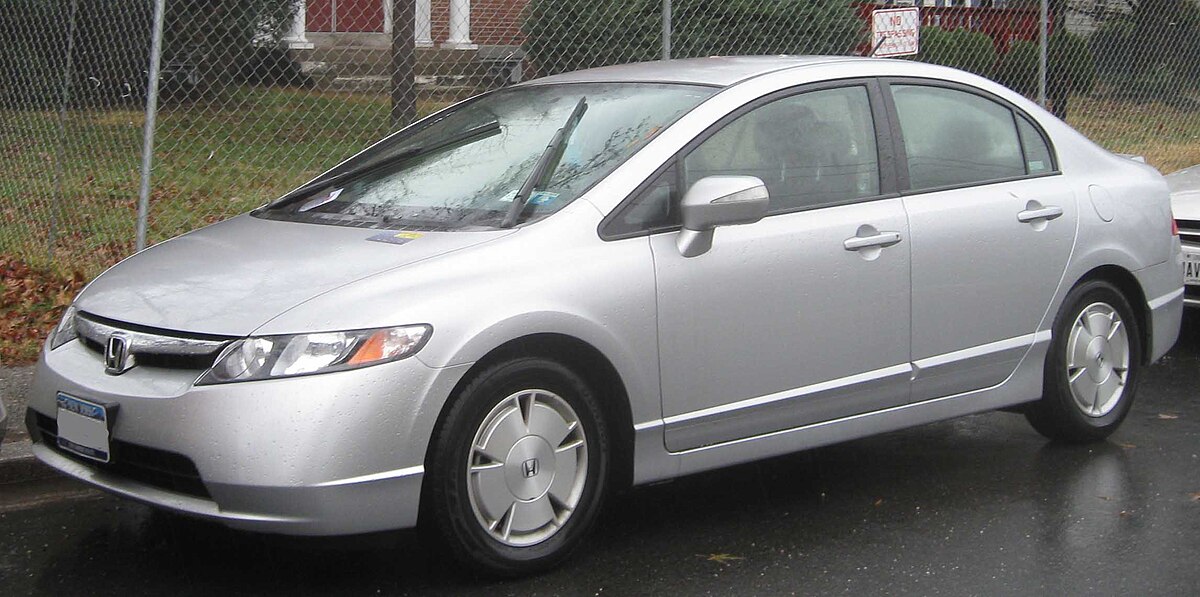
2. Honda Civic Hybrid (First Generation)
The first-generation Honda Civic Hybrid was celebrated for its fuel economy but struggled with hybrid battery reliability. Its nickel-metal hydride battery pack often experienced premature failures, typically between 80,000 to 100,000 miles. Owners noticed sudden drops in fuel efficiency and warning lights that indicated battery problems, resulting in frustrating ownership experiences.
One of the main factors contributing to battery failure was the less advanced battery management system used at the time. The system was unable to adequately balance cell voltages and manage temperature, leading to uneven aging of battery cells.
Additionally, the pack was vulnerable to high temperatures, which exacerbated degradation. Drivers in hot climates or those who frequently encountered stop-and-go traffic saw accelerated battery wear.
Battery replacements were costly, generally exceeding $3,000, and sometimes difficult to source as the first-generation parts became obsolete. These expenses negated much of the fuel savings gained from owning a hybrid and damaged the Civic Hybrid’s reputation.
Although Honda improved its hybrid technology in later generations, the early Civic Hybrid remains an example of a vehicle that can bankrupt owners through costly battery problems.
The challenges faced by early Civic Hybrid owners highlight the importance of advancements in battery management and thermal control. For those who purchased these models, the initial promise of fuel savings often came at the cost of expensive repairs and diminished vehicle value.
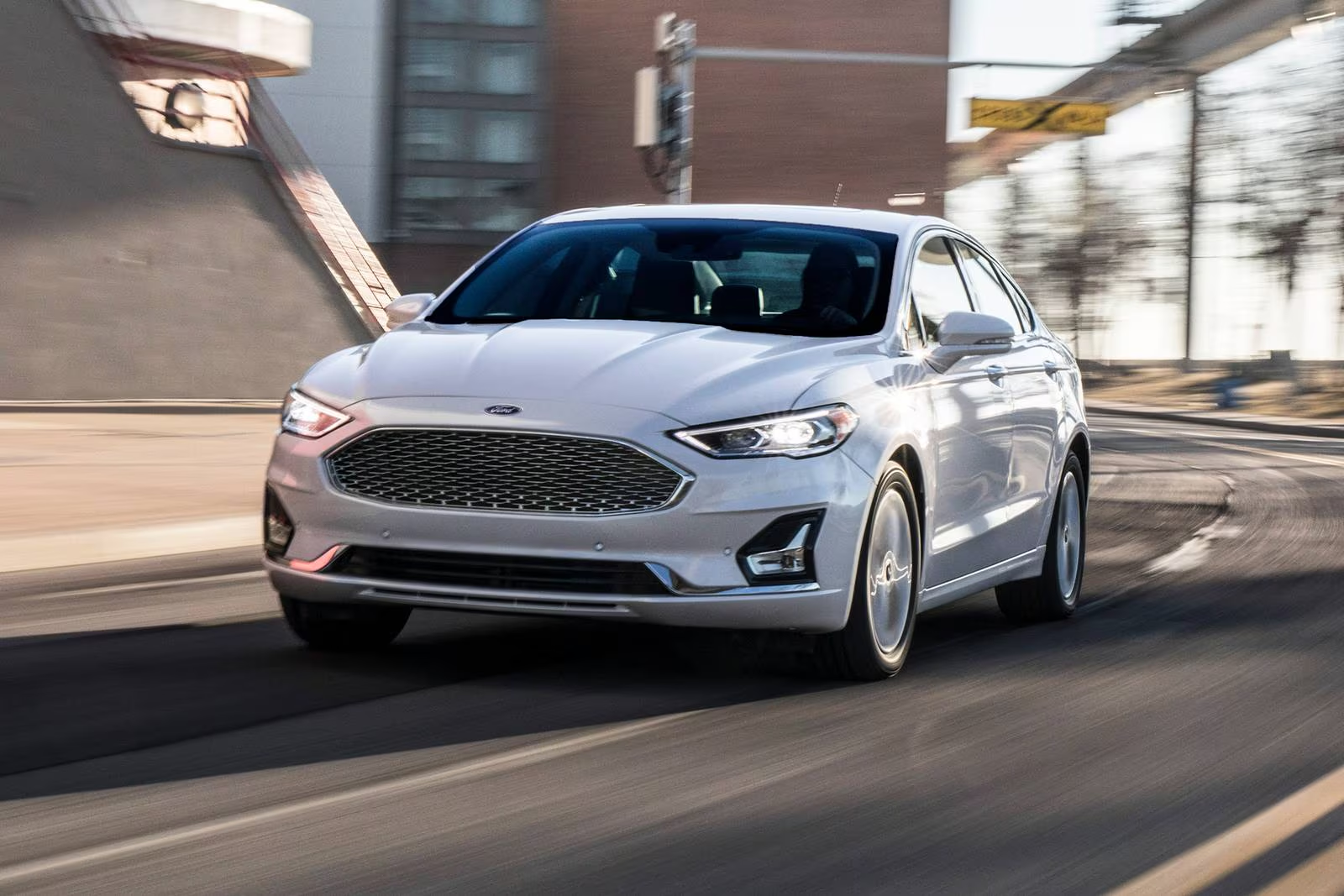
3. Ford Fusion Hybrid (First Generation)
The first-generation Ford Fusion Hybrid encountered several issues with battery life that troubled many owners. This model used nickel-metal hydride batteries that sometimes failed prematurely due to thermal stress and insufficient management controls. Owners reported early signs of capacity loss, leading to reduced fuel economy and warning lights related to the hybrid battery system.
The battery pack design and cooling system in the early Fusion Hybrid were less effective at managing the heat generated during operation. High temperatures, especially in warmer climates, accelerated battery cell degradation and led to costly replacements. The hybrid system’s software was also less advanced, which contributed to unbalanced cell wear and shortened battery lifespan.
Replacing the Fusion Hybrid battery was expensive, often costing several thousand dollars. While Ford extended warranty coverage to mitigate some costs, out-of-warranty replacements still imposed significant financial strain on owners. Many reported frustration with the need for battery repairs shortly after purchase, which tarnished the vehicle’s reputation for reliability.
These early problems made some buyers wary of Ford hybrids and pushed the company to improve its battery technology and management systems in subsequent generations. The first-generation Fusion Hybrid serves as a reminder that hybrid batteries require careful engineering to avoid costly failures.
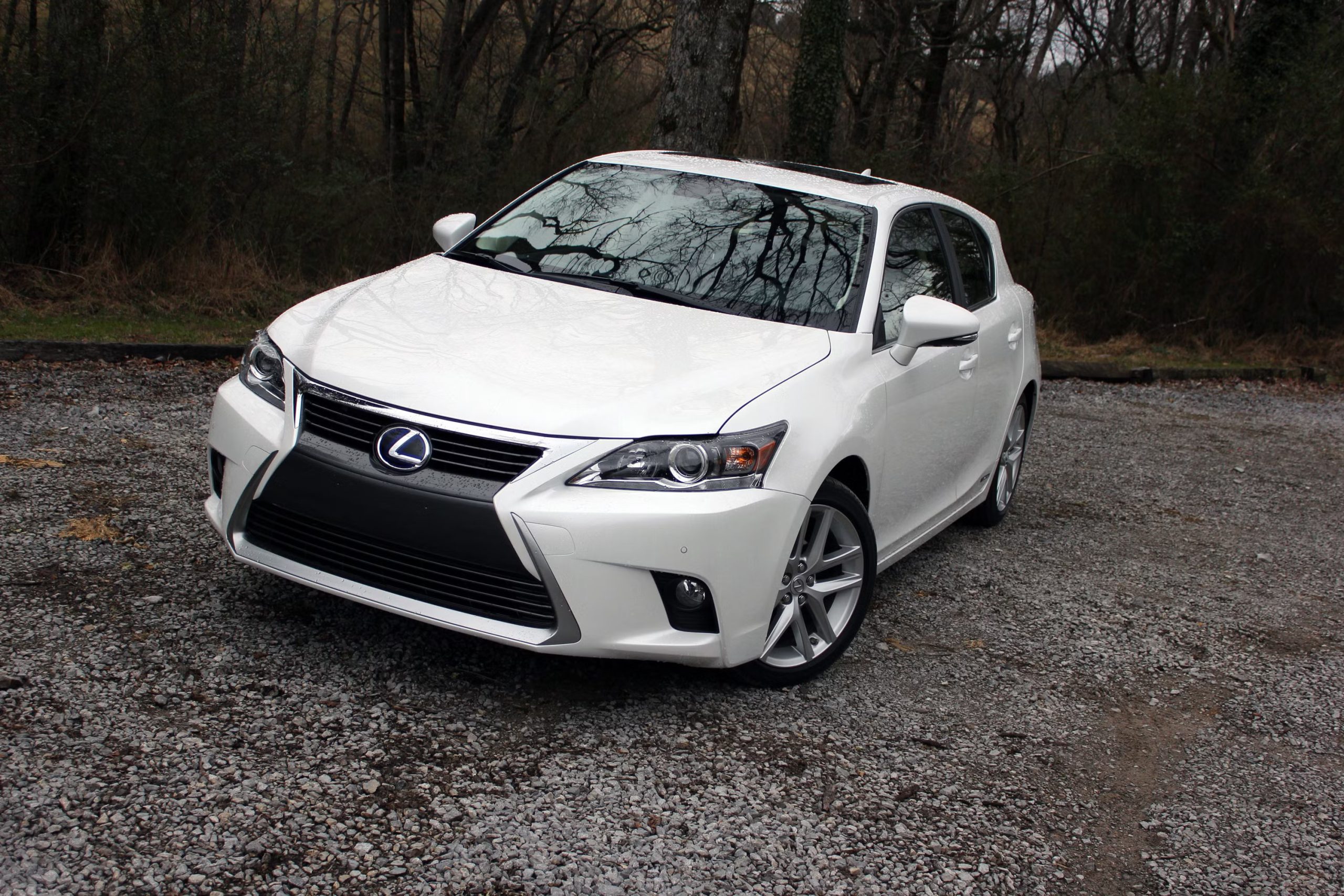
4. Lexus CT 200h (Early Models)
Although Lexus generally enjoys a reputation for reliability, the early models of the CT 200h hybrid hatchback exhibited issues with battery longevity. The nickel-metal hydride battery packs in these vehicles sometimes suffered premature degradation, especially when exposed to harsh climates or aggressive driving styles. Several owners reported needing battery replacements after approximately 100,000 miles, which was sooner than expected for a luxury hybrid.
The compact size of the CT 200h’s battery pack meant it had to work harder to meet power demands, which increased wear on the cells. The battery management system, while advanced for its time, occasionally failed to adequately control temperature and charge balance under demanding conditions. This led to accelerated battery aging and, in some cases, early failures.
Replacing the battery pack on the CT 200h was costly, with prices reflecting Lexus’s premium parts and labor rates. Although Lexus offered hybrid battery warranties, owners who required replacements after warranty expiration faced significant expenses. The battery issues in early CT 200h models affected the vehicle’s value and made some buyers hesitant to invest in this hybrid hatchback.
The CT 200h’s experience demonstrates that even luxury hybrids are not immune to battery problems, especially in their early production years. It highlights the importance of continuous improvements in battery design and management to ensure longevity.
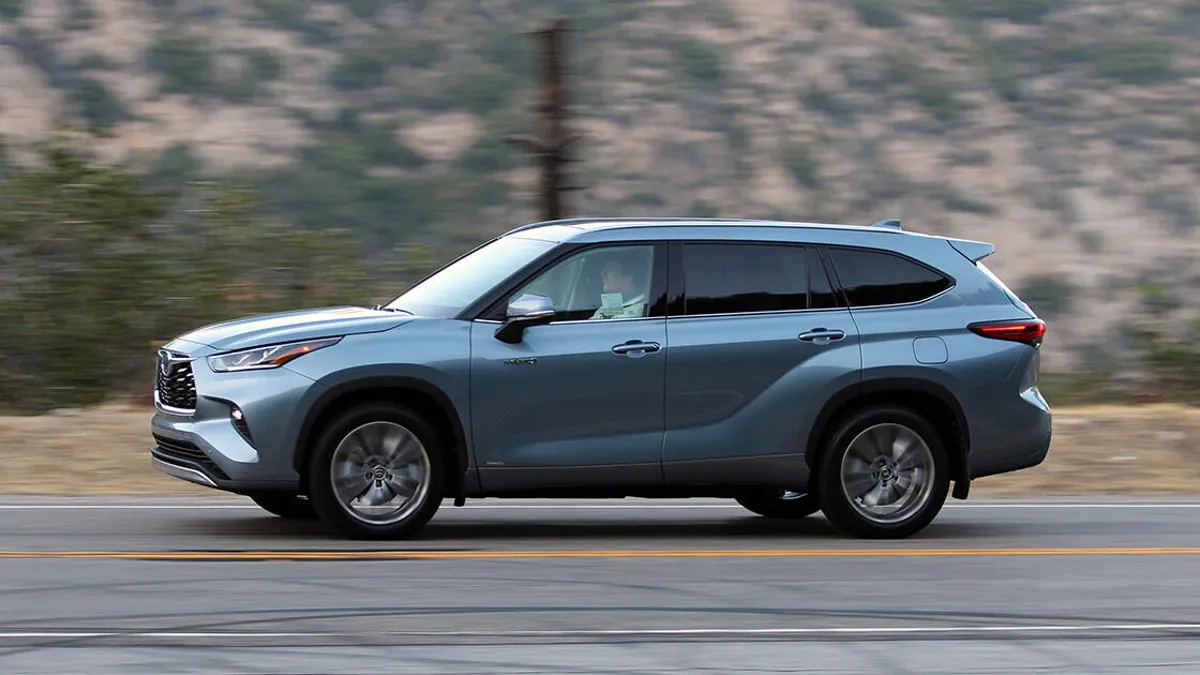
5. Toyota Highlander Hybrid (Older Models)
The Toyota Highlander Hybrid is a midsize SUV that combines hybrid technology with utility and comfort. While generally reliable, some older Highlander Hybrid models faced battery problems that led to costly replacements.
These models used nickel-metal hydride batteries that were susceptible to failure when exposed to heat and heavy usage. Owners in warmer regions were particularly prone to battery degradation within 100,000 miles, which is earlier than many other Toyota hybrids.
The Highlander Hybrid’s larger battery pack and SUV-oriented usage patterns, such as towing and off-road driving, put additional stress on the battery. The hybrid system, while robust, was sometimes insufficient to prevent accelerated wear in demanding conditions. The battery management system did monitor battery health, but could not fully mitigate the effects of heat and heavy load cycling.
Battery replacements for the Highlander Hybrid are expensive, often costing between $4,000 and $5,000 when including parts and labor. While Toyota’s warranty covers batteries for 8 years or 100,000 miles, failures beyond this range have caused financial difficulties for some owners. The risk of costly battery repairs has made some potential buyers wary of older Highlander Hybrid models.
Despite these issues, many Highlander Hybrid owners have experienced trouble-free battery performance, especially those in moderate climates and with careful maintenance. However, the possibility of expensive replacements remains a concern for this SUV hybrid, particularly for long-term owners.
Also Read: 5 Forgotten Family Cars That Last vs 5 Bestseller Family Cars With Issues
Hybrid vehicles represent an important step toward more efficient and environmentally friendly transportation, yet the hybrid battery remains one of the most significant considerations for buyers and owners alike.
This article has highlighted how dramatically battery reliability can vary across different hybrid models, illustrating the clear divide between vehicles that rarely require battery replacements and those that have caused financial strain through premature battery failures. Understanding these differences is essential to making informed choices and ensuring a positive ownership experience with hybrid technology.
The hybrids that rarely need battery replacements, such as the Toyota Prius, Honda Accord Hybrid, Lexus RX Hybrid, Toyota Camry Hybrid, and recent Ford Escape Hybrid, stand out because of their careful engineering, advanced battery management systems, and proven track records.
These vehicles tend to use high-quality battery cells, incorporate effective thermal control to prevent overheating, and apply intelligent charging and discharging protocols to minimize wear. Strong manufacturer warranties further reduce owner risk and enhance confidence in these models.
Owner reports and automotive studies consistently show that these hybrids can easily reach 150,000 to 200,000 miles or more without battery issues, allowing drivers to enjoy the benefits of hybrid efficiency without the worry of expensive repairs.
Conversely, some hybrids have faced battery reliability challenges, particularly among early or first-generation models. Vehicles like the Chevrolet Volt (early models), first-generation Honda Civic Hybrid, early Ford Fusion Hybrid, Lexus CT 200h (early models), and older Toyota Highlander Hybrid have experienced more frequent battery problems.
These issues often arise due to less sophisticated battery management, exposure to harsh conditions, or design choices that put additional strain on battery cells. The result is premature battery capacity loss and the need for costly replacements that can reach several thousand dollars.
For some owners, these expenses have led to financial hardship and frustration, undermining the initial appeal of fuel savings and low emissions. The experiences of these models underscore the importance of ongoing technological improvements and diligent maintenance.
The contrast between these two groups of hybrids highlights the progress automakers have made in battery technology and management over time. Early challenges helped manufacturers identify weaknesses and develop more robust solutions.
Buyers today benefit from improved battery chemistry, enhanced cooling systems, and more precise software controls that greatly extend battery life. Still, battery health remains sensitive to usage patterns and environmental factors, making proper maintenance and awareness vital for long-term reliability.
For potential hybrid buyers, this information is a valuable tool. Choosing a model known for battery longevity can protect against unexpected costs and ensure the hybrid delivers on its promise of savings and sustainability. For current owners, understanding the strengths and weaknesses of their vehicle’s battery system can guide maintenance practices and help anticipate future needs.
Hybrid batteries are the heart of hybrid vehicles, and their reliability is key to a satisfying ownership experience. While some hybrids offer dependable, long-lasting battery systems that require little to no replacements, others carry a risk of expensive battery repairs.
By considering the vehicles discussed here, owners and buyers can make wiser choices and enjoy the many benefits hybrids have to offer without the worry of financial setbacks due to battery failure.

